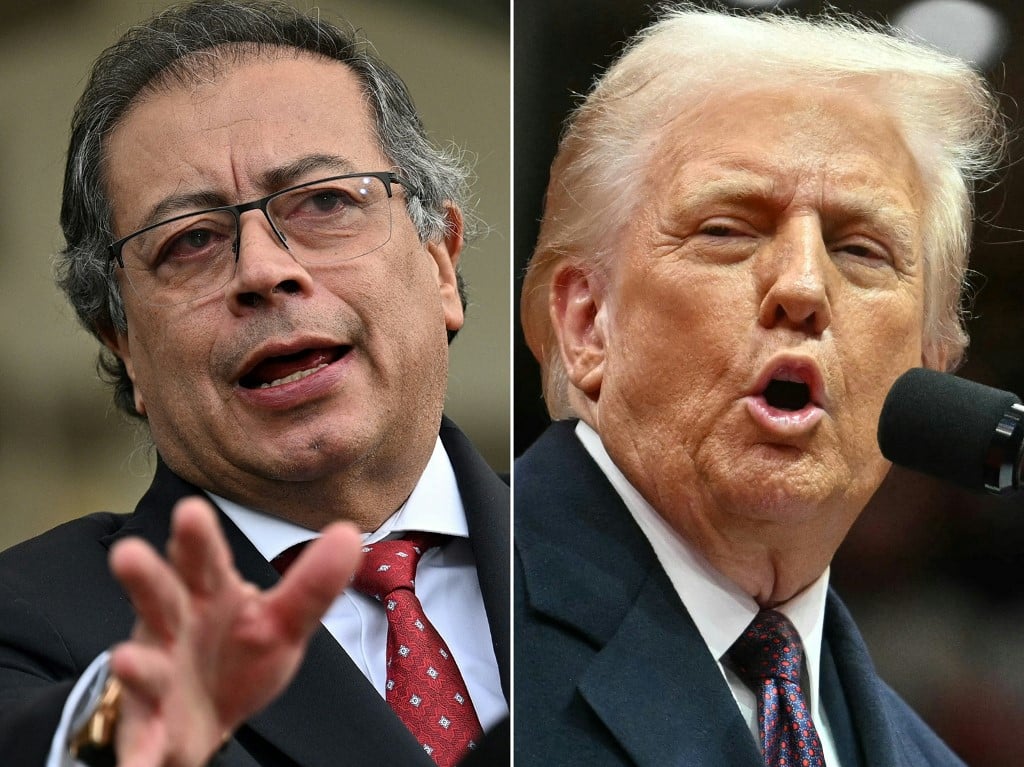Washington, DC – The United States and Colombia have reached a crucial agreement this week, preventing a potential trade conflict between the two nations. The breakthrough came after intense negotiations regarding the acceptance of deportation flights carrying Colombian migrants from the U.S.
Background of the Conflict
The dispute began when Colombian President Gustavo Petro refused to accept two U.S. military flights carrying deported migrants. Petro insisted that deportees should be treated with dignity and transported on civilian aircraft instead.
In response, U.S. President Donald Trump threatened to impose 25% tariffs on all Colombian imports and introduce additional sanctions, including travel restrictions on Colombian officials. The proposed tariffs posed a significant risk to Colombia’s economy, which relies heavily on exports to the U.S.
Negotiation Developments
After Trump’s tariff threat, the Colombian government agreed to accept deported migrants under specific conditions, ensuring humane treatment during repatriation. President Petro suggested using the Colombian presidential aircraft to transport deportees, reinforcing his stance on respecting migrant dignity.
The agreement was reached after high-level discussions between U.S. and Colombian officials, easing tensions between the two nations.
Resolution and Immediate Impact
As part of the agreement:
- The U.S. suspended the tariff implementation and related sanctions.
- Colombia committed to accepting deportation flights under agreed humanitarian terms.
- Certain visa restrictions for Colombian government officials remain in place until the repatriation process is fully implemented.
President Trump hailed the agreement as a diplomatic success, stating, “America has regained its respect on the international stage.”
Economic and Diplomatic Implications
The peaceful resolution of the conflict has prevented significant economic damage and reinforced the importance of diplomatic dialogue in resolving international disputes. Colombian officials have emphasized the need for continued cooperation with the U.S. to address migration challenges and trade relations.
However, analysts warn that the situation underscores the fragility of U.S.-Colombia relations and the potential for further disputes in the future.
What Comes Next?
As the agreement moves forward, both countries are expected to closely monitor compliance and ensure smooth execution of the deportation process.
Meanwhile, Colombian business leaders have expressed relief over the avoided tariffs, emphasizing the need to maintain stable trade relations with the U.S., one of Colombia’s largest trading partners.
Stay Updated
Follow our coverage for the latest updates on U.S.-Colombia relations and international trade developments.



